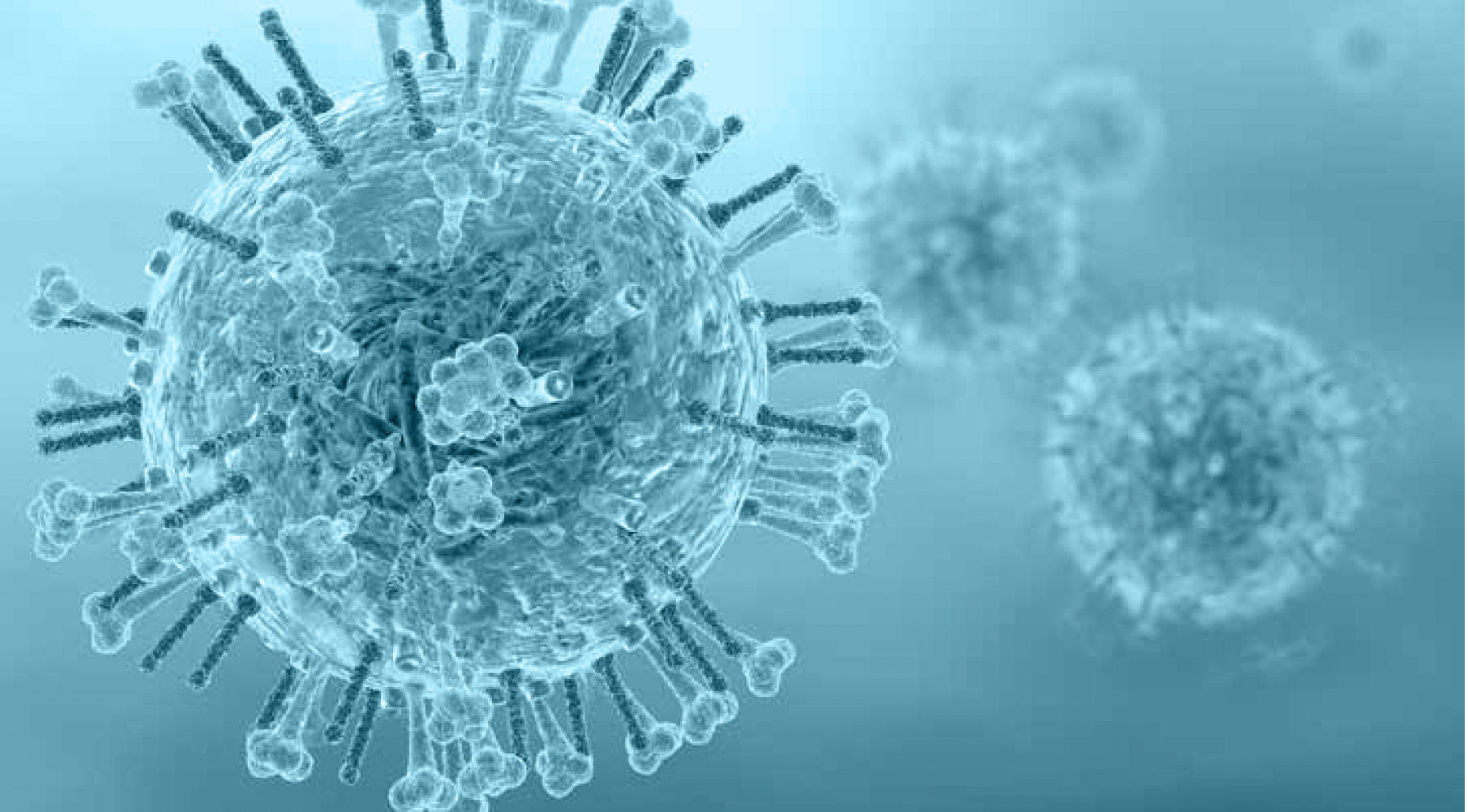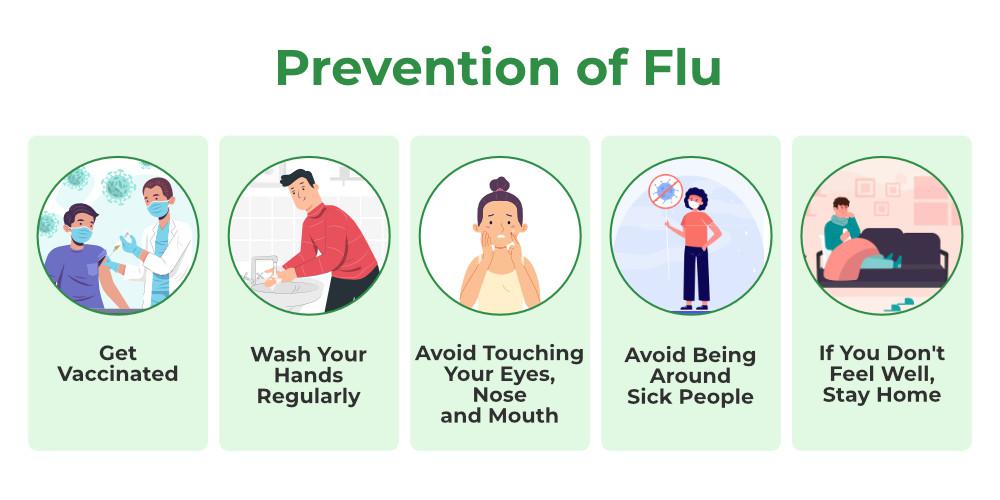
Influenza, commonly known as ‘Flu’, is a viral infection. The flu attacks the lungs, nose, and throat. This flu is an infectious disease which is caused by an influenza virus. This virus spreads through the air from cough and sneezes. This virus can also spread by touching the mouth and then the eyes with the same infectious hands. Washing hands frequently reduces the risk of infection, because the virus is inactivated by soap. Influenza can also affect other animals like pigs, birds, and horses.
Flu is easily confused with a bad cold. Mentioned below are a few symptoms which differentiate flu from cold:
Generally, Influenza is not a serious condition, but for some people it can become a serious health issue. In elderly people, babies or young children, pregnant women, and people with long standing illnesses, flu can cause the following:
There are very less treatment options available for influenza, and antibiotics have no effect on the infection. There are some antiviral medications which are effective but can only be useful if given early.
Following are some measures that can be taken to prevent influenza
